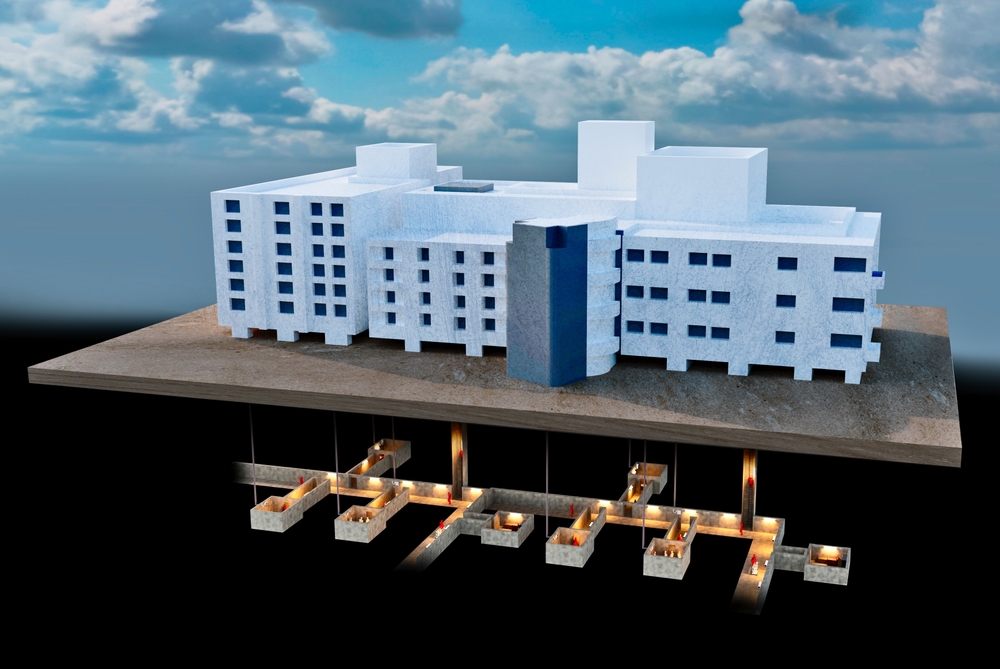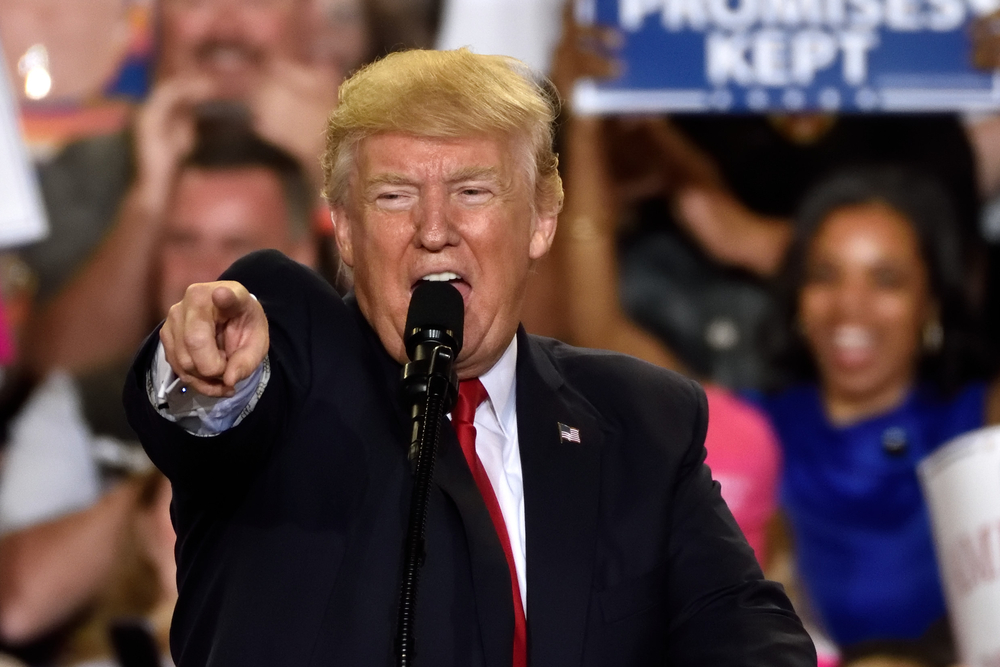
Israel Kills, Captures Nearly 1,000 Hamas Fighters At Hospital
The Israeli government killed or captured nearly 1,000 fighters belonging to the Hamas terrorist organization over the last week, including the third-highest-ranking member of the group. The combat at the Shifa hospital comes as Israel prepares an attack on the last major Hamas stronghold of Rafah.
Israeli officials said that their forces killed almost 200 Hamas fighters in an operation at the Al-Shifa Hospital in Gaza. The Israeli Defense Force also captured more than 800 terrorists in the same building.
Israel also announced the capture of weapons and intelligence from the raid.
The United States also indicated last week that Israel killed Marwan Issa, Hamas’ third-highest official and one of the architects of the Oct. 7 terrorist attack.
The IDF releases dramatic footage showing troops of the Givati Brigade's Shaked Battalion engaging in close-quarters combat with a Hamas gunman in the area of Gaza City's Shifa Hospital.
As the troops searched a four-story building adjacent to Shifa, from which gunfire was… pic.twitter.com/Kc4sMp5AIg
— Emanuel (Mannie) Fabian (@manniefabian) March 24, 2024
Israel expanded its operations in the territory, including striking a number of Hamas targets from the air.
Washington is pressuring Israel over the ongoing operations. Israel has accepted the terms of a ceasefire that will include freeing some of the hostages taken in the Oct. 7 attack, but Hamas has rejected the idea. Israel expanded its operations in the territory, including striking a number of Hamas targets from the idea.
Israel has captured much of Gaza from Hamas, including its largest city. However, many of Hamas’ remaining fighters and weapons remain in the southern city of Rafah.
The Israeli government said that it approved an attack on the city, but did not reveal when it would take place.
The statement comes amid testy relations with the Biden administration over the issue. President Joe Biden called such an attack on Rafah a “red line.”
Israeli Prime Minister Benjamin Netanyahu said after a meeting with U.S. Secretary of State Antony Blinken that his country would seize the final Hamas stronghold with or without the approval of Washington.
Israel has vowed to remove Hamas from the Palestinian territory after last year’s Oct. 7 terrorist attack that killed 1,200 people.
Biden is under increased pressure because of the conflict in the Middle East, including from Arab American and Muslim American groups that largely supported him in 2020.







